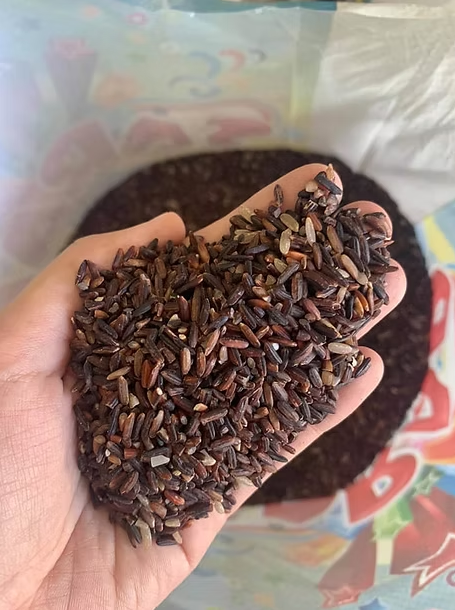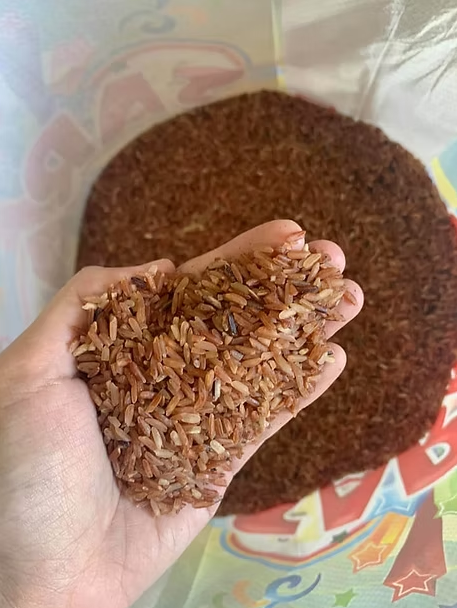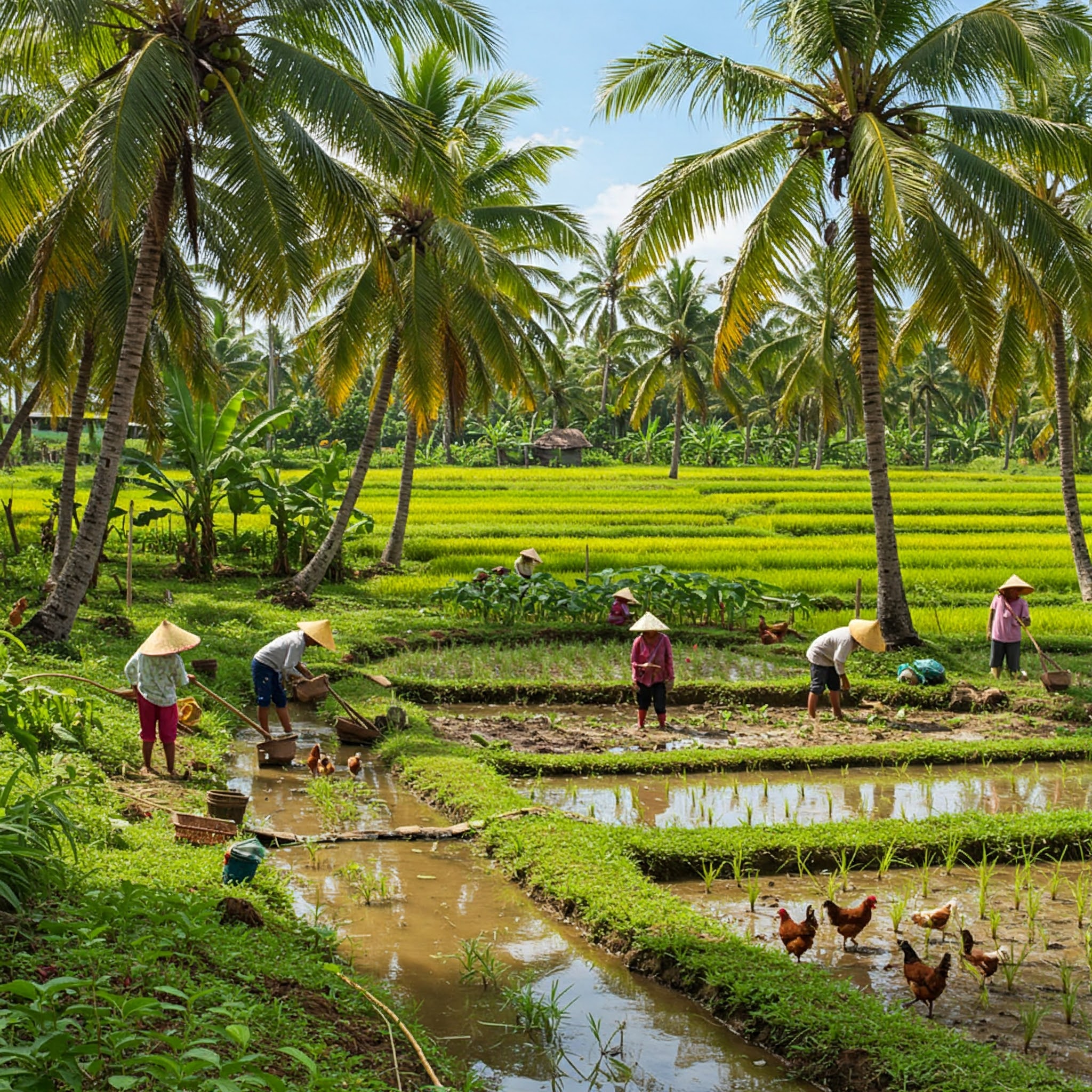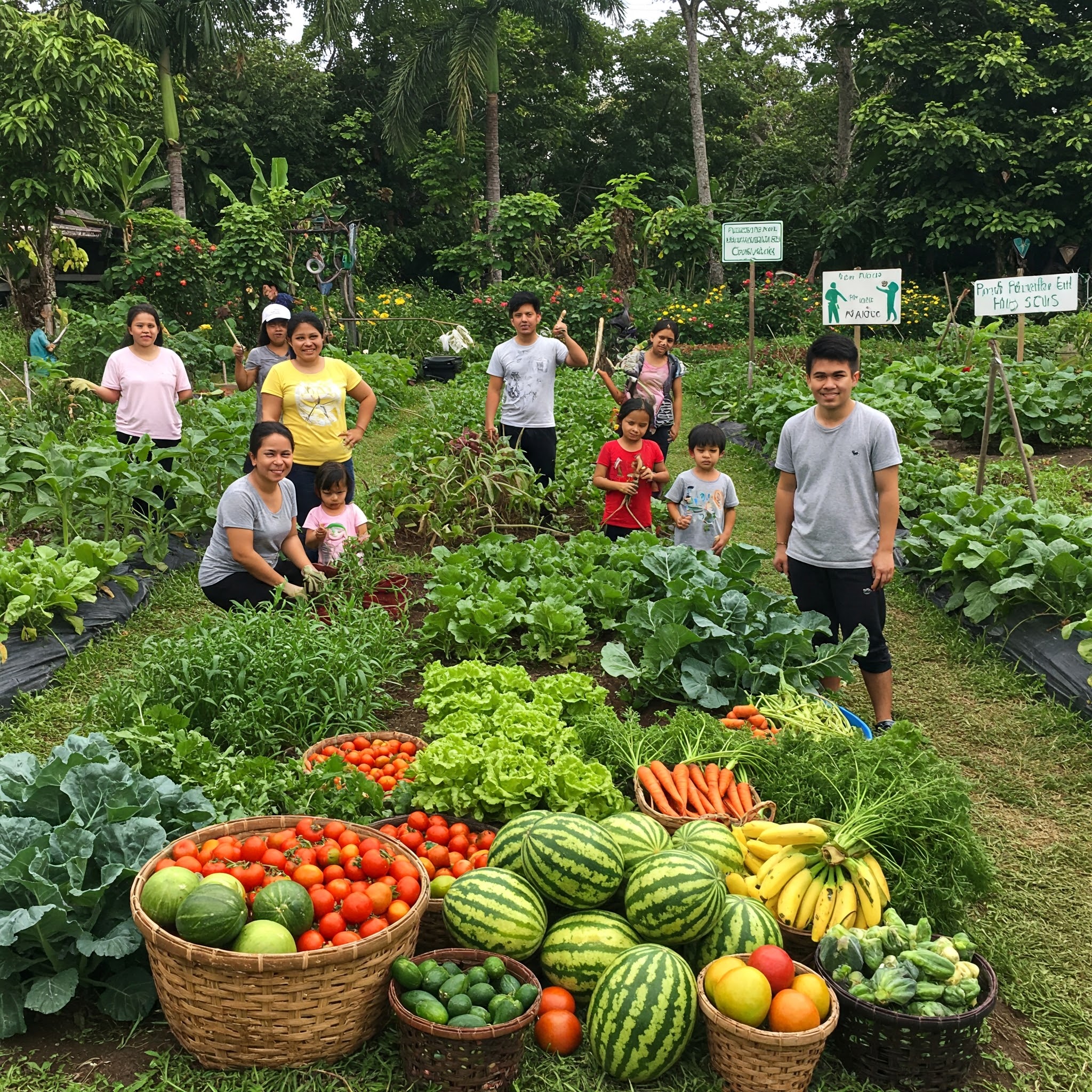Seed Sharing and Banking
Preserving Biodiversity for Food Security

Preserving Biodiversity for Food Security

In the heart of Oriental Mindoro province in the Philippines, a quiet revolution has been taking place. While industrial agriculture increasingly relies on purchased hybrid and genetically modified seeds, the farmers of SALIKA Agriculture Cooperative have been practicing something both ancient and revolutionary: community seed sharing and banking.
This practice—the careful selection, saving, and exchange of diverse seed varieties—proved to be a critical lifeline when COVID-19 lockdowns disrupted conventional supply chains. But for SALIKA, seed sovereignty has been a cornerstone of resilience long before the pandemic struck.
"Community seed banking approach is the first avoiding scale of success and sustainable agriculture," explains Jon Sarmiento of SALIKA Agriculture Cooperative. This simple statement encapsulates a profound truth: whoever controls the seeds controls the food system.
For SALIKA's members, primarily rice farmers engaged in organic colored rice production, seed saving is not merely a cost-saving measure but a fundamental component of food sovereignty—the right of communities to define their own food systems and grow food in ways that suit their ecological and cultural contexts.
By maintaining their own seed stocks, farmers become less dependent on external inputs and more resilient to market disruptions, price fluctuations, and supply chain breakdowns. They also preserve agricultural biodiversity that is rapidly disappearing in industrialized farming systems.

Traditional rice varieties preserved through SALIKA's seed banking program
SALIKA's approach to seed sharing and banking involves several interconnected practices including seed saving, documentation, storage, exchange, and multiplication. These practices are embedded within a broader cultural context that values knowledge sharing, mutual support, and the preservation of agricultural heritage.
Over the past century, the world has lost an estimated 75% of crop genetic diversity as commercial agriculture has focused on a narrow range of standardized varieties. Community seed banks like SALIKA's help preserve this invaluable agricultural heritage.
When COVID-19 restrictions suddenly limited movement and closed markets in March 2020, many communities faced not only immediate food shortages but also uncertainty about planting their next crops. For SALIKA members, however, the situation was different. Their established seed banks and sharing networks meant they already had locally-adapted, organic seeds on hand.

Traditional red rice varieties preserved through community seed banking
As climate change increases agricultural unpredictability and global systems face growing instability, the value of community-controlled seed systems becomes increasingly apparent. The seeds carefully selected and stored in SALIKA's community banks represent more than just future plants—they embody resilience, sovereignty, and hope.
For more information about community seed banking and sharing programs, contact SALIKA Agriculture Cooperative at salikatrade@gmail.com or visit their center in Bayanihan Village, Lalud, Calapan City, Philippines.

A comprehensive approach that shifts from conventional monocropping to sustainable, diversified farming systems that enhance resilience to climate change.
Learn more
Rapid establishment of community gardens providing fresh produce for households, especially during crises like the COVID-19 pandemic.
Learn more